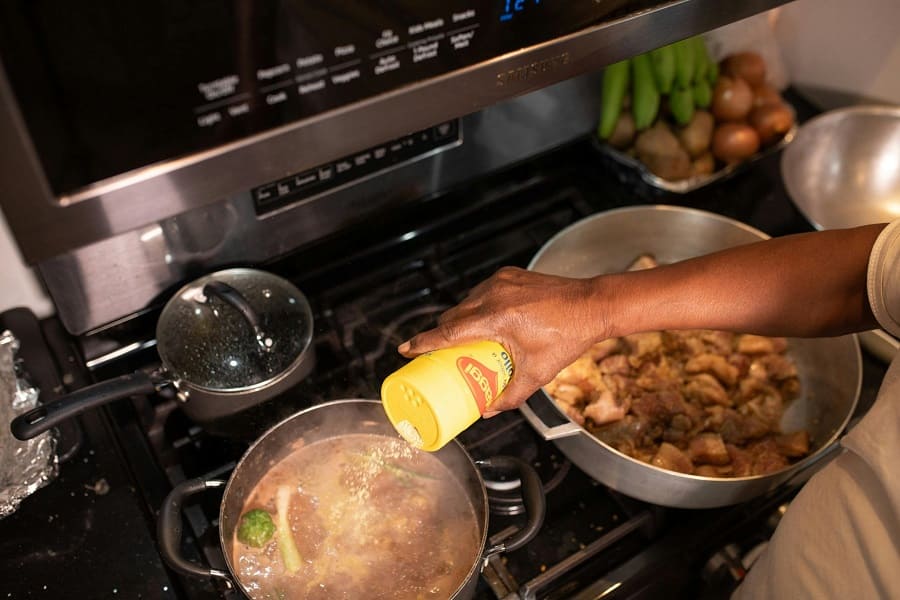For anyone running a business that makes use of a restaurant or industrial kitchen, you are going to be familiar with just how much fat, oil, and grease (FOG) can be used in an average week. Even just in the average home, fat, grease, and oil are used and created on a daily basis too. These substances are used for and created from all types of things, particularly food preparation.
And while they are very common to find in kitchens of all sizes, it is important to understand how to properly handle the disposal of fat, oil, and grease in Columbus, Ohio. Improper disposal of fat, oil, and grease can cause a number of different problems, such as clogging up your pipes and the sewage pipes around your business.
Below, we take a closer look at how to properly dispose of fats, oils, and greases.
How Do You Dispose of Fat and Grease?
To properly dispose of fat and grease at home, do the following:
- Allow the cooking oil, grease, or fat to cool.
- Strain out any sediment that may be in the FOG.
- Pour any used cooking oil, grease, or fat into a container with a tight-fitting lid.
- Take the container to a local organization or collection site that handles FOG collection.
For larger amounts of fats, oils, and grease, companies like Green Mountain Products provide oil collection services for businesses of all sizes.
As the generator of the FOG, it is your responsibility to ensure that the waste is disposed of properly. This means that you will not want to pour the used cooking oil, grease trap cleaning, or fat down the drain or into a trash can. Pouring used cooking oil down the drain can lead to a number of issues including:
- Clogged pipes or drains
- Blockages in pipes and sewers
- Harm to the environment
- Violating city and/or state regulations
Clogged or blocked pipes, drains, and sewers have the potential to lead to expensive repair costs, both for your own pipes and the surrounding sewage system. Clogs and blocks can cause sewage backup, damaged pipes, flooding, and even burst pipes. It is important to be aware that “all food service establishments ” are required to develop and implement a fat, oil, and grease management plan within the city of Columbus, Ohio.
To avoid issues like clogged pipes, causing harm to the environment, and violating regulations, be sure to contact Green Mountain Products. We can help you correctly dispose of and recycle any used cooking oil, fat, and grease.
What is the Best Way to Get Rid of Food Grease?
When it comes to the best way to get rid of food grease in Columbus, Ohio, we always recommend working with a trusted company that provides cooking oil recycling services. This ensures that your used cooking oil, fat, and grease are handled properly by experts.
By working with a company like Green Mountain Products, your FOG waste streams will be recycled in a manner that is eco-friendly and proper. This clears up any worry you may have over whether or not your business’ waste is causing issues for the environment, and sewage pipes, or potentially causing regulation violations.
Recycled cooking oil, food grease, and oils can be used as a raw material for a number of different products including biofuels, animal feed, and a natural pesticide.
Need Help with the Disposal of Fat, Oil, and Grease in Columbus, Ohio?
If you are on the search for help in the disposal of fat, oil, and grease in Columbus, Ohio, look no further. Green Mountain Products is proud to serve the Ohio, West Virginia, Kentucky, and Indiana regions for a range of needs including oil collection, grease trap cleaning, and industrial bulk tanker services.
As a 4th generation family business, Green Mountain Products is all about the recycling of animal and vegetable oils for customers of all sizes – from national grocery chains and corporate waste programs to locally owned businesses.
Get in contact with our team today over the phone at 740-217-8300 or by connecting with us online today to learn more about how we can help you.
